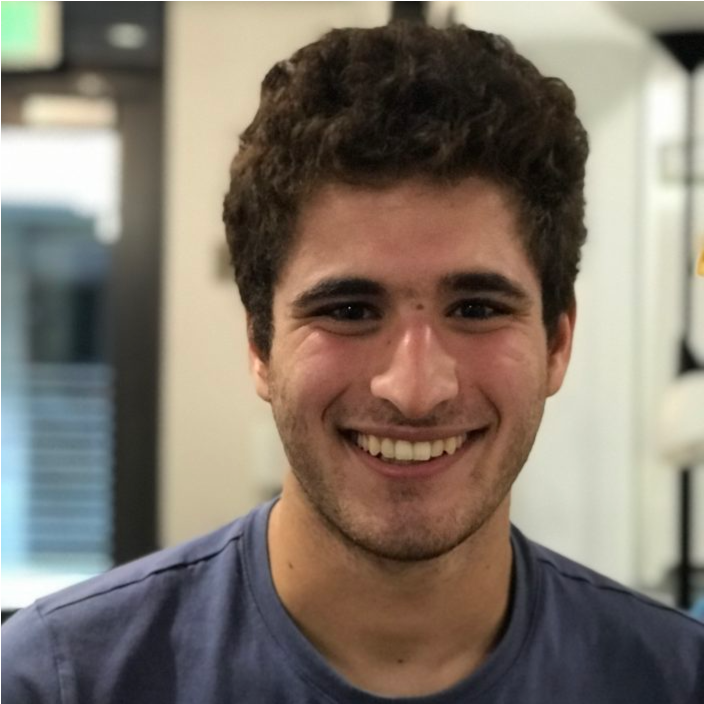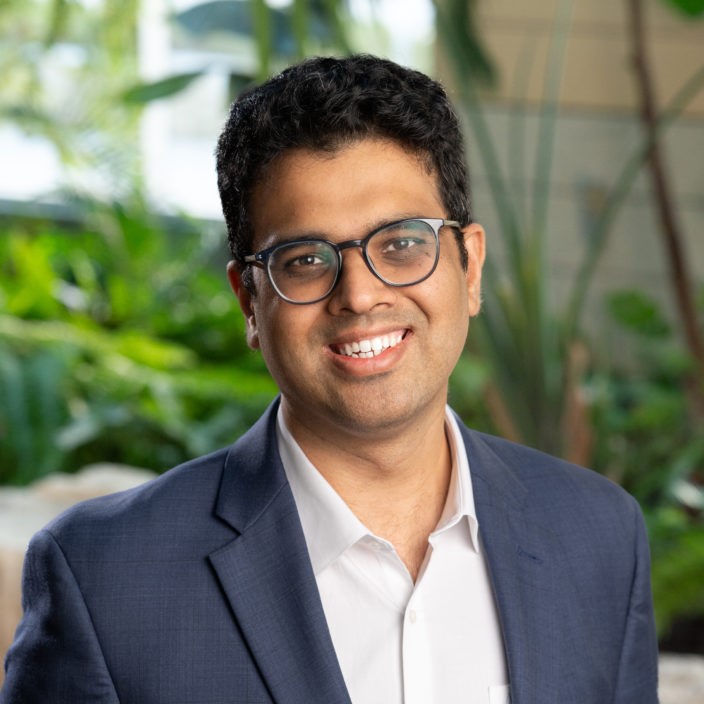Tutorial on Compiling Quantum Circuits at ASPLOS '25
Overview
It is an exciting time in the world of quantum computing, as we continue to make rapid progress towards practical quantum computation. To realize the full potential of the devices we have today and on the horizon, we need optimizing compilers that convert abstract descriptions of quantum circuits to native device operations. However, quantum architecture design remains in flux, with multiple competing hardware substrates and error-correction protocols. In this tutorial, we will describe the key challenges in quantum circuit optimization and introduce our efforts at the University of Wisconsin–Madison towards a flexible and performant compiler for the shifting hardware landscape.
No prior background in quantum computing is necessary! After participating in the tutorial, attendees will be able to
- Define the fundamental units of quantum computation—qubits, gates, and circuits—and give a few examples of quantum algorithms
- Describe the landscape of approaches for quantum-circuit optimization, the problem of expressing a quantum circuit in as few native gates as possible
- Explain qubit mapping and routing, the stage in which a compiler must lay out a circuit onto a device in a way that respects connectivity constraints
- Use our compiler,
wisq, to apply the quantum-circuit optimization and qubit mapping and routing compiler passes
When: Sunday March 30th, 14:00-17:30 CEST
Where: New York I @ the Postillion Hotel and Convention Centre, Rotterdam, The Netherlands
Schedule
| 14:00-14:30 | Quantum Computing Fundamentals | Slides |
| 14:30-15:30 | Quantum-Circuit Optimization | Slides |
| 15:30-16:00 | Coffee break | |
| 16:00-17:00 | Qubit Mapping and Routing | Slides |
| 17:00-17:30 | A Practical Tour of our Compiler |
Resources
Here are some supplementary resources on the material we cover in the tutorial.
Qubit Mapping and Routing via MaxSAT. In this MICRO ’22 paper, we develop an algorithm for the qubit mapping and routing problem for near-term devices without error-correction. Our approach uses a reduction to MaxSAT and a “circuit slicing” technique to find better solutions than existing heuristic-based approaches while scaling better than existing constraint-based approaches.
Dependency-Aware Compilation for Quantum Surface Code Architectures. In this OOPSLA ’25 paper, we turn to the qubit mapping and routing problem for fault-tolerant quantum devices. We solve this problem by exploiting the dependency structure of circuit operations to formulate discrete optimization problems that can be approximated via simulated annealing.
Synthesizing Quantum-Circuit Optimizers. In this PLDI ’23 paper, we introduce a technique for synthesizing a quantum-circuit optimizer given an arbitrary gate set for some device. Our approach uses a novel data structure to efficiently synthesize pairs of equivalent circuits, which can be used to rewrite circuits. For example, in 1.2 minutes, we can synthesize an optimizer targeting the IBM gate set that significantly outperforms leading hand-crafted optimizers.
Optimizing Quantum Circuits, Fast and Slow. In this ASPLOS ’25 paper, we unify two disparate techniques for optimizing quantum circuits — rewrite rules, which are fast standard optimizer passes, and unitary synthesis, which is slow, requiring a search through the space of circuits. We then introduce a radically simple, yet extremely effective, algorithm for scheduling these optimizations.
The wisq compiler. Our open-source compiler implements our algorithms and provide a unified interface for both passes.



